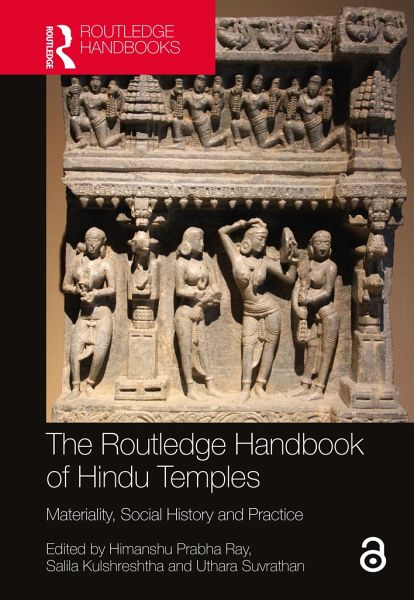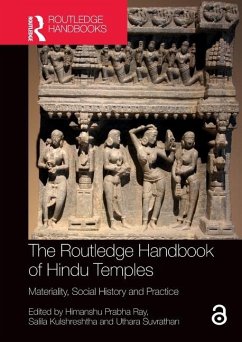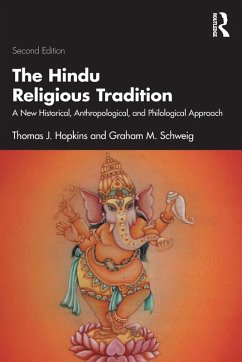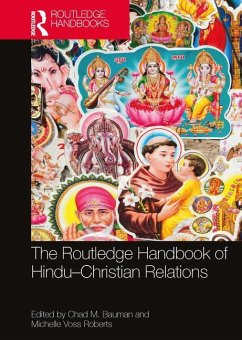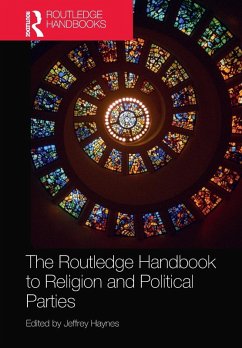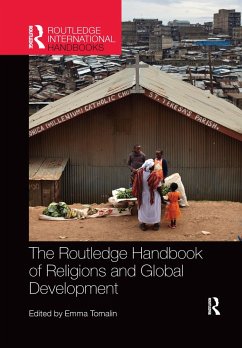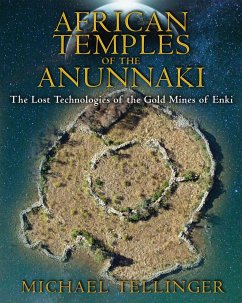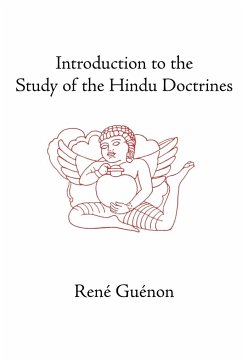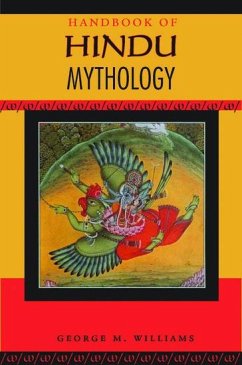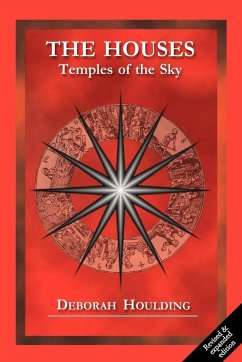Himanshu Prabha Ray is Research Fellow at Oxford Centre for Hindu Studies, Oxford, UK. She was the first Chairperson of the National Monuments Authority, Ministry of Culture in New Delhi, India, from 2012 to 2015, and former Professor at Centre for Historical Studies, Jawaharlal Nehru University. Her research interests cover Archaeology of Religion in Asia, Maritime History and Archaeology of the Indian Ocean. Her recent books include Coastal Shrines and Transnational Maritime Networks Across India and Southeast Asia (2021), Archaeology and Buddhism in South Asia (2018), Buddhism and Gandhara: An Archaeology of Museum Collections (ed. 2018), The Archaeology of Sacred Spaces: The Temple in Western India, 2nd Century BCE to 8th Century CE (with Susan Verma Mishra, 2017), The Return of the Buddha: Ancient Symbols for a New Nation (2014) and The Archaeology of Seafaring in Ancient South Asia (2003). Salila Kulshreshtha is Visiting Assistant Professor of History and Art and Art History at New York University Abu Dhabi. She secured her PhD degree in history from Centre for Historical Studies, Jawaharlal Nehru University, New Delhi, and is the author of From Temple to Museum: Colonial Collections and Uma Mahesvara Icons in the Middle Ganga Valley (2018). She has worked on issues of urban heritage and heritage education with the Indian National Trust for Art and Cultural Heritage (INTACH) (2004) and with the Dr. Bhau Daji Lad Mumbai City Museum, Mumbai (2011-2012). She has taught Art history, History and Humanities in Mumbai at Rizvi College of Architecture and Indian Education Society's College of Architecture (2012-2013) and in the USA at the Old Dominion University and Virginia Wesleyan College (2005-2007). She is currently based in Dubai. Her research interests include religious iconography, colonial archaeology and museum collections. Uthara Suvrathan completed her MA and MPhil degrees in Jawaharlal Nehru University and her PhD degree in University of Michigan. She works at the intersection of archaeology and history to examine the organization of polities and places on the margins of larger states and empires in premodern South Asia. She is also interested in archaeological approaches to landscape studies and in issues of premodern trade and contact across the Indian Ocean. In addition, she works on issues of museum education, public outreach and the digital humanities, with a particular interest in the sharing of information among researchers, and between academics and the wider public. She is currently Assistant Professor at Aziz Premji University, Bengaluru, India.
